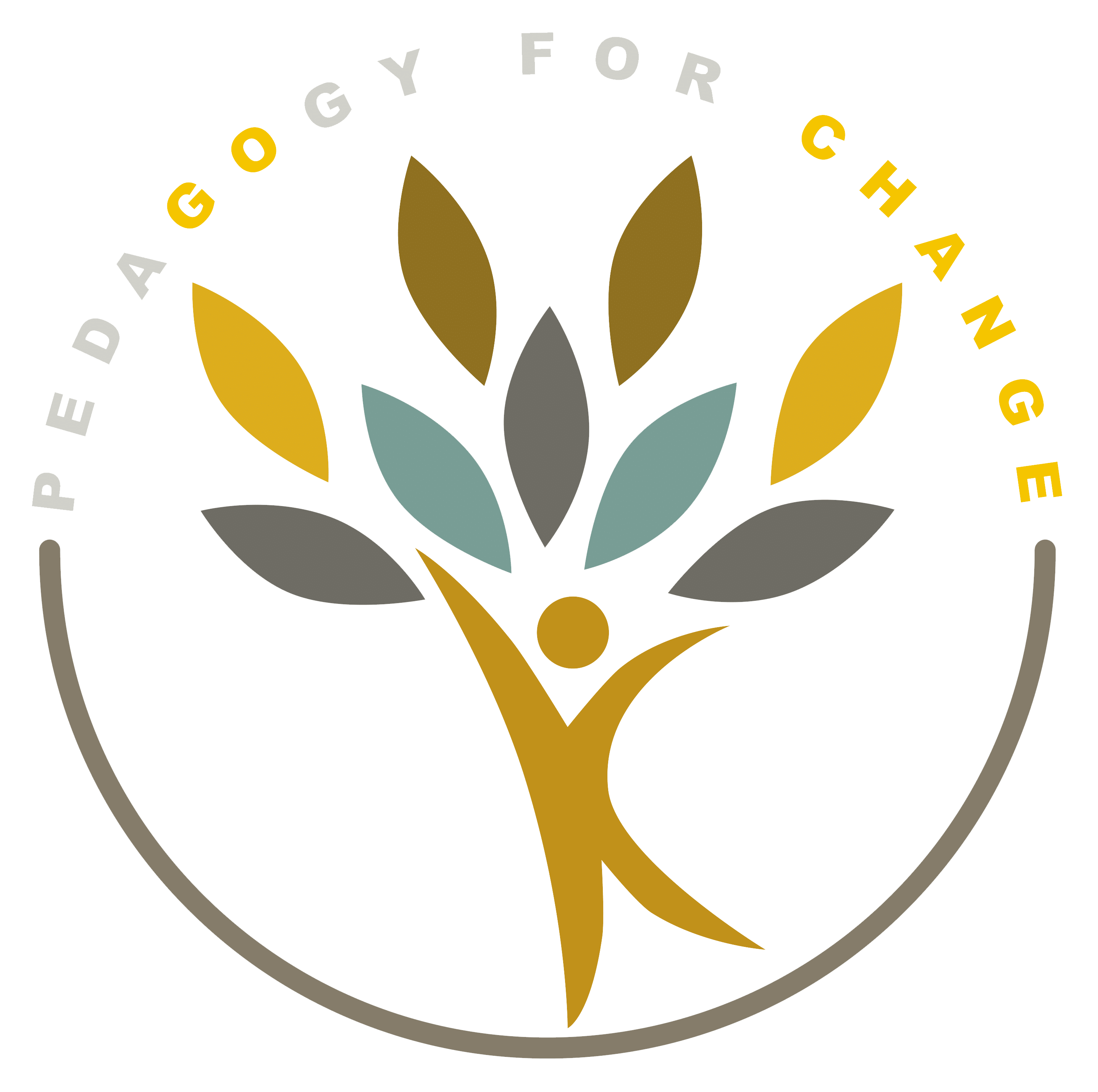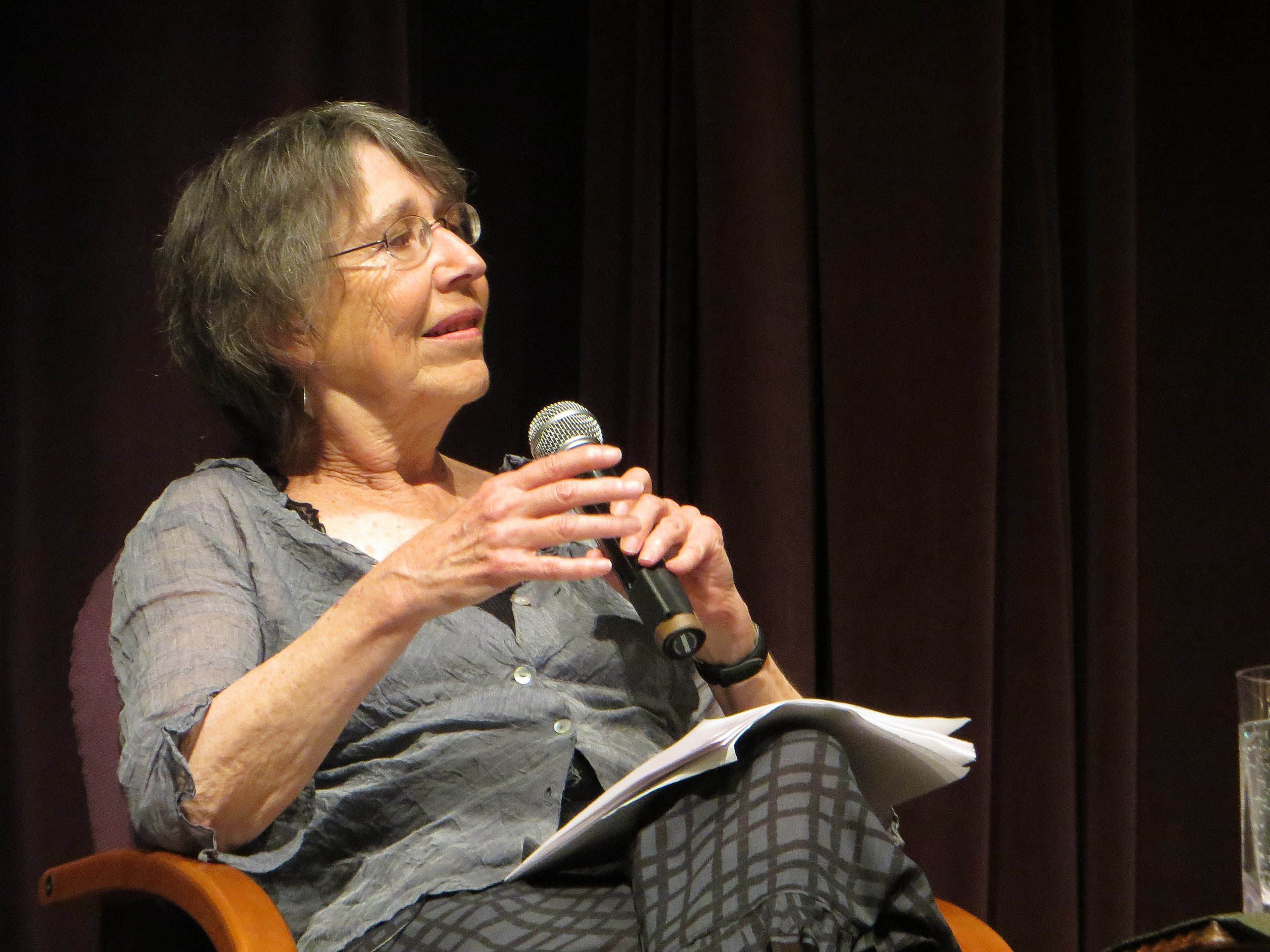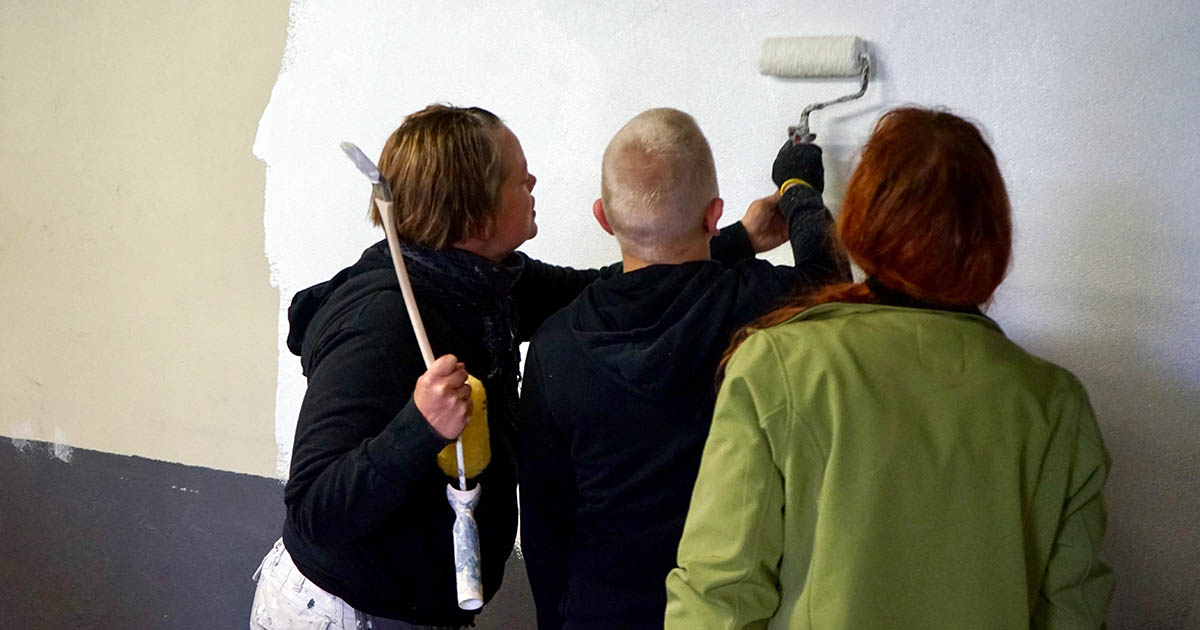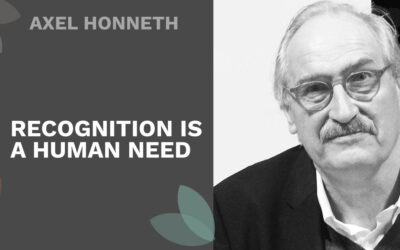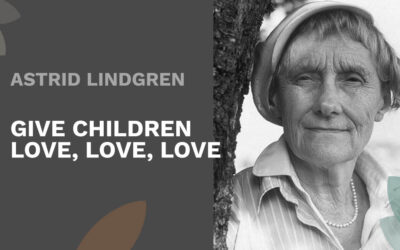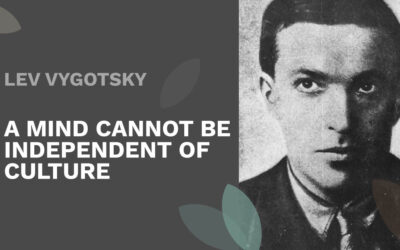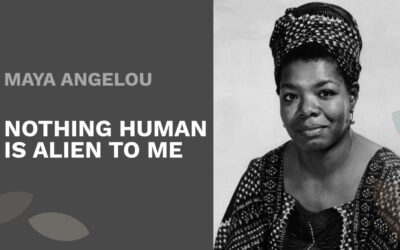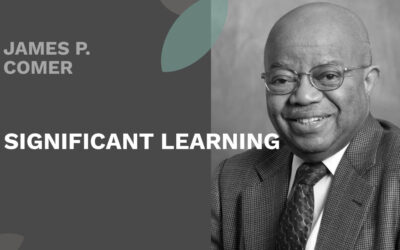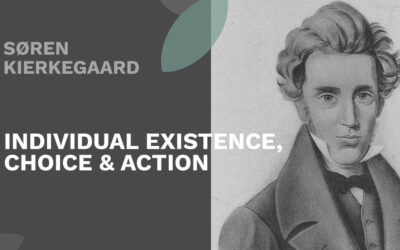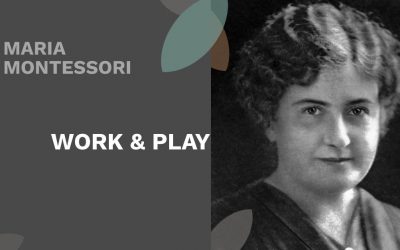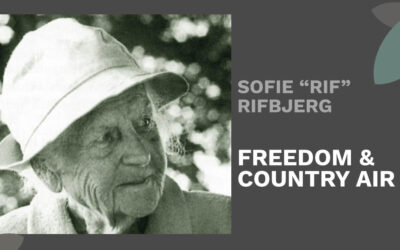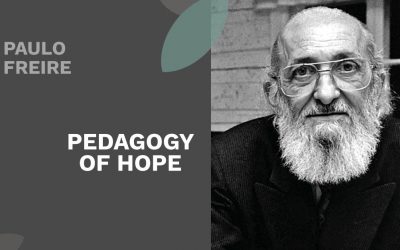

Jean Lave
Jean Lave is a social anthropologist and learning theorist who believes that learning is a social process, as opposed to a cognitive one. In this way, Jean Lave challenges the conventional understanding that learning is best achieved through teaching activities in for example a school setting.
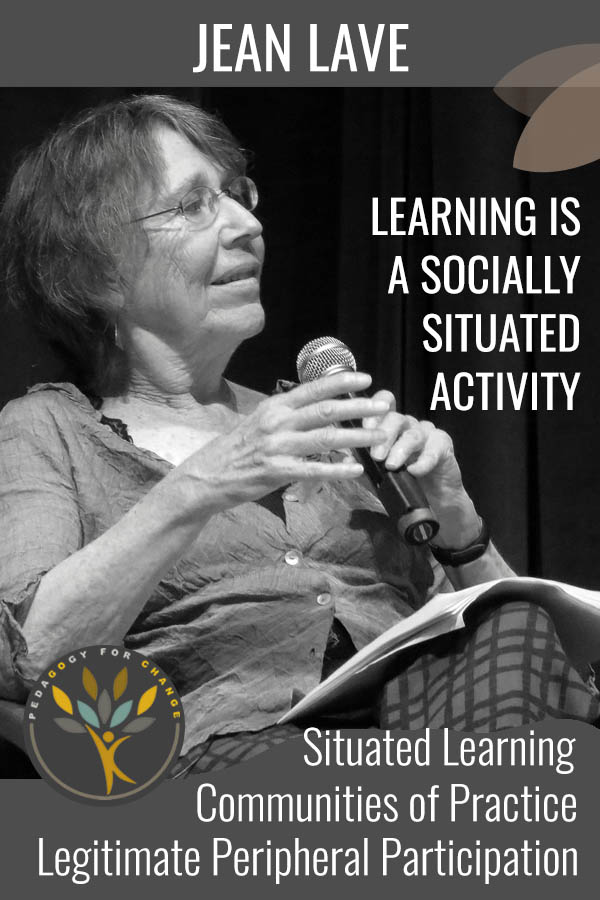
Teaching isn’t necessary
Through her field work observing tailor apprentices in Liberia in the 1970’s, the young Jean Lave discovered that the master tailors didn’t actually instruct the apprentices as such. The tailors-to-be were not taught any skills or given any explanations, which was a surprise for Ms Lave. Reluctantly, she had to abandon her assumption that learning takes place through teaching. Further, it made her look deeper into the processes that enabled the apprentices to somehow learn by doing. Jean Lave started to investigate the social processes and structures that took place in the busy tailors’ workshops. Later she described them as “communities of practice” which has brought important insights to the world of pedagogy.
Abandoning the lab to research real life arithmetic
In the 1980’s, Jean Lave and her students researched how Californian housewives applied mathematics when they went shopping in the supermarket. These were techniques appropriate and more effective for their particular situation as grocery shoppers and had little to do with the maths they had been taught in school.
These and other studies, for example how dieters count calories in real life, resulted in Lave’s book Cognition in practice: Mind, mathematics and culture in everyday life, published in 1988. In this book she critiqued traditional cognitive and behaviourist psychology where learning is viewed as isolated individual processes, either as inner cognitive operations or mechanical responses.
We learn together with others
In 1991 Jean Lave, and her student Étienne Wenger formulated their general theory on learning as a social process, in Situated Learning: Legitimate Peripheral Participation.
Based on five case studies of apprenticeship learning in traditional and modern societies, the theory suggests that learning must involve social interaction, and knowledge should be presented in an authentic context. Thus, learning is fundamentally a social process and not only a cognitive process going on inside the learner’s head.
Lave and Wenger introduced this idea of a Community of Practice (CoP) as a situation in which participants share a common identity and goals. In a CoP, knowledge acquisition is a social process in which people can participate at different levels depending on their placement in the group. A newcomer will begin on the outskirts of the group and gradually move to full participation as they learn from more experienced group members. Lave and Wenger called this process Legitimate Peripheral Participation (LPP). It is important to note that the concept of LPP is a way of understanding learning and not a prescriptive teaching technique.
A liftetime of learning
In later works Jean lave has underscored that models of situated learning must be viewed as part of many different forms of social practice and political conflicts. In her latest book, Learning and Everyday Life (2019), Ms Lave merges ethnographic stories of work and learning, apprenticeship, and everyday life, through a critical theory of practice. The book examines in different ways the idea that learning is a collective, transformative process of change in the historically political complex relations of everyday life.
At the same time, the book demonstrates the changing character of Lave’s own research practice over two decades. She looks back on work practices and everyday life and discusses the problem of context and decontextualisation. Analysing her own ethnographic research into craft apprenticeship, spanning two decades, she shares her synthesised insights into teaching as learning and muses on the reciprocal effects of theories of everyday life and learning. Jean Lave’s unique anthropological contribution to learning as everyday practice is invaluable for practitioners of pedagogy.

”Learning is ubiquitous in ongoing activity, though often unrecognised as such”
~ Jean Lave
Jane Lave bio
Born in 1939 in California, USA
Doctorate in Social Anthropology at Harvard University in 1968.
Currently a Professor Emerita of Geography at University of California, Berkeley.
Pioneer of educational concepts situated learning, communities of practice and legitimate peripheral participation.
Co-author, with Etienne Wenger, of the groundbreaking book Situated Learning: Legitimate Peripheral Participation
Social Learning in Practice
Read more about social learning theory int his article.
“We are social beings and therefore learning is an intrinsically social process. Learning takes place in many kinds of arenas, some of them arranged, where we interact with others in different contexts.”
MORE GREAT PEDAGOGICAL THINKERS
Axel Honneth
Through recognition, human beings develop self-confidence, self-respect, and self-esteem. The theory of recognition was developed by German philosopher and educator Axel Honneth.
Astrid Lindgren
Astrid Lindgren’s thoughts about children were provocative in the 1940s, and her approach to childhood as a phenomenon is progressive, even today.
Lev Vygotsky
Interaction with peers, imitation, collaborative learning and other social interaction is key to how the human mind develops, according to Russian psychologist Lev Vygotsky.
Maya Angelou
In times of injustice and hardship, Maya Angelou’s call for humanity, unity and resilience teaches us many important life lessons. Her works inspire hope through action.
James P. Comer
“No significant learning can occur without a significant relationship.” Really? Does Dr. James Comer mean that students need to be close to their teacher to learn something?
Søren Kierkegaard
Making choices and taking action are at the very core of existentialism. By taking on these responsibilities, as human beings – we find the meaning of life.
Maria Montessori
Children prefer to work, not play. This is one of the main ideas of Maria Montessori, a trailblazers of early childhood education. “The child who concentrates is immensely happy” she noted.
Sofie ‘Rif’ Rifbjerg
Brought up in the countryside Sofie Rifbjerg knew intuitively that fresh air, free play & a deep respect for children’s own agency was paramount for their positive development.
Paulo Freire
Freire’s pedagogy was originally developed for the oppressed adult illiterates of Brazil, but it also inspired teachers and social educators all over the world. Liberation & solidarity are key.
